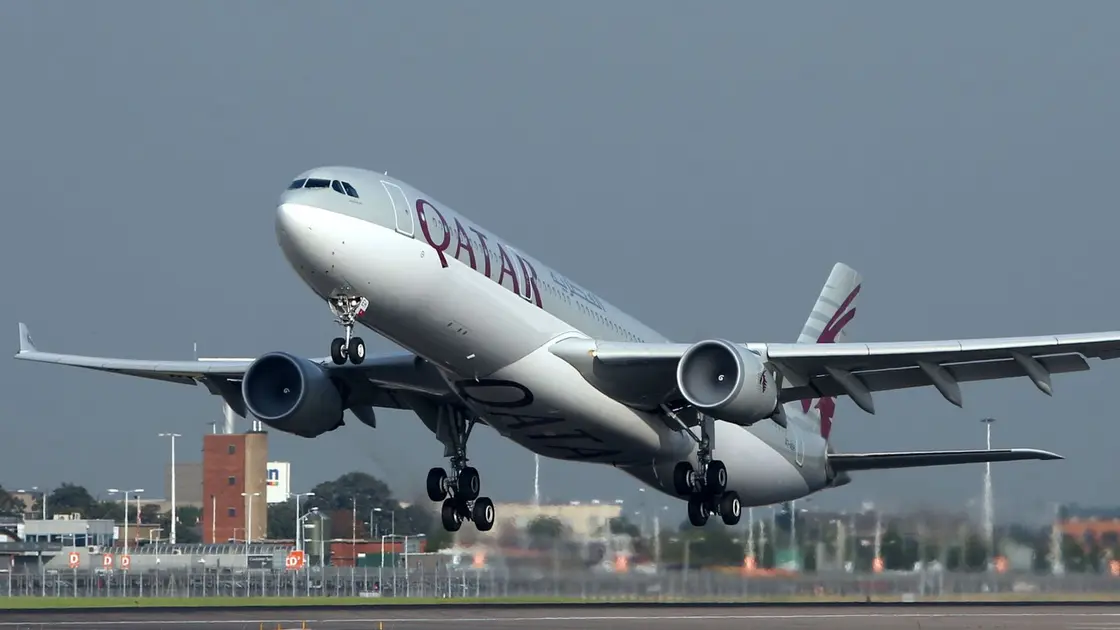T4K3.news
Compensation rules under review after flight assault
A UK-bound flight assault reveals gaps in the compensation scheme and prompts calls for policy reform.

A sexual assault on a Qatar Airways flight bound for the UK prompts debate over who qualifies for compensation.
Woman sexually assaulted on flight challenges UK rules on compensation
A woman was attacked by a fellow passenger while sleeping on a Qatar Airways flight from Doha to Gatwick in September last year. The assailant, 66-year-old Momade Jussab of Feltham, was arrested on arrival and later sentenced in May to six-and-a-half years in prison after being found guilty of one count of sexual assault by penetration and two counts of sexual assault. The victim, who wishes to remain anonymous and is referred to as Kelly, was denied a payout from the Criminal Injuries Compensation Scheme because the plane was not registered in Britain. Leigh Day says the law is outdated and has written to the justice secretary urging reforms. The Civil Aviation Act was updated in 1996 to allow UK courts to prosecute crimes on foreign planes bound for the UK, but the compensation rules have not kept pace. A Ministry of Justice spokesperson noted that compensation rules are set by Parliament and pointed victims to other forms of support, while pushing for broader measures to address violence against women and girls.
Key Takeaways
"I should be entitled to compensation."
Victim expressing demand for access to the CIC scheme
"This is a gap that needs closing urgently and we trust the justice secretary will agree."
Leigh Day articulating the need for reform
"The rules that the Criminal Injuries Compensation Authority follows, and the values of payments for injuries, are set by parliament."
MOJ response on CIC criteria
"Our client suffered an horrific sexual attack on a UK-bound flight."
Claire Powell from Leigh Day describing the case
This case highlights a mismatch between where a crime is committed and how victims are supported. The gap in the compensation rules can leave someone harmed on an international flight without redress in the country that prosecutes the crime. It also tests the government’s resolve to modernize protections for victims in a highly globalized travel system. If lawmakers choose to fix the gap, it could set a precedent for broader reform of how the CIC scheme handles crimes on foreign-registered aircraft. Critics may question whether current rules reflect fairness for victims who are British citizens and injured on international flights. The debate poses a test for ministers as they push a broader agenda to reduce violence against women and girls.
Highlights
- I should be entitled to compensation.
- This is a gap that needs closing urgently.
- The rules that the Criminal Injuries Compensation Authority follows, and the values of payments for injuries, are set by parliament.
- Our client suffered an horrific sexual attack on a UK-bound flight.
Policy gap on compensation for foreign flights
The case exposes a potential policy risk as current CIC rules exclude victims where the incident occurs on a foreign-registered aircraft bound for the UK, raising questions about fairness and alignment with updated aviation law.
Policy fixes are possible, but they require political will and clear legislative language.
Enjoyed this? Let your friends know!
Related News

Flight assault victim denied compensation highlights gaps in UK scheme

UK flight delays due to air traffic control technical issues

In-Flight Vape Incident Highlights Safety Rules

Air traffic control systems restored but disruptions expected

New Jamboree TV Expansion Released for Super Mario Party

NFL reviews Isaiah Bond case

Pilot suspended over cockpit door lapse

UK lenders see shares jump after court ruling
